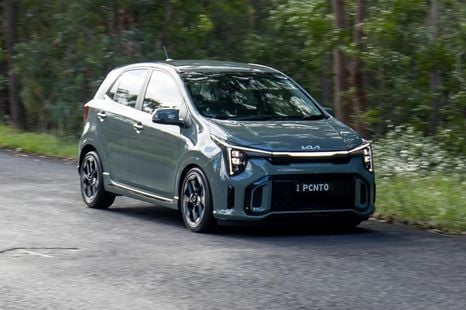

Matt Campbell
2026 Kia Picanto review
6 Hours Ago

Contributor
Amid the global semiconductor shortage, Hyundai has said it wants to start developing its own chips in-house and reducing its reliance on third-party suppliers.
As reported by Reuters these chips are going to be developed and manufactured by Hyundai Motor Group supplier, Hyundai Mobis.
Hyundai Motor’s global chief operating officer, Jose Munoz, believes that the worst of the industry chip shortage has passed, with the company having the “toughest months” in August and September 2021.
“The [chip] industry is reacting very, very fast,” said Munoz.
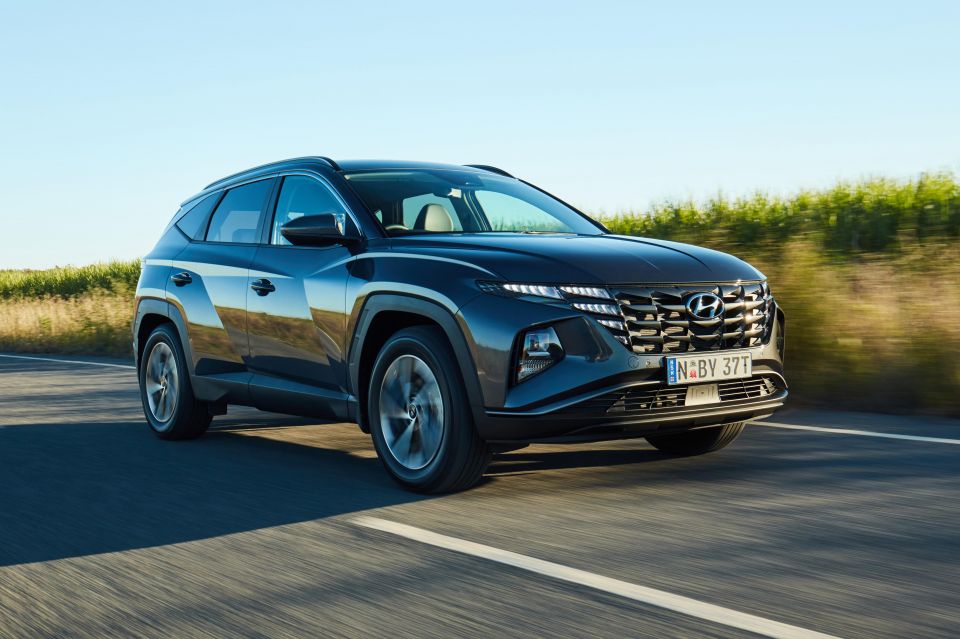
They also added that US semiconductor giant, Intel, is investing a lot of money to expand chip production capacity.
“But also in our case, we want to be able to develop our own chips within the group, so we are a little bit less dependent in a potential situation like this.
“This takes a lot of investment and time, but this is something we’re working on.”
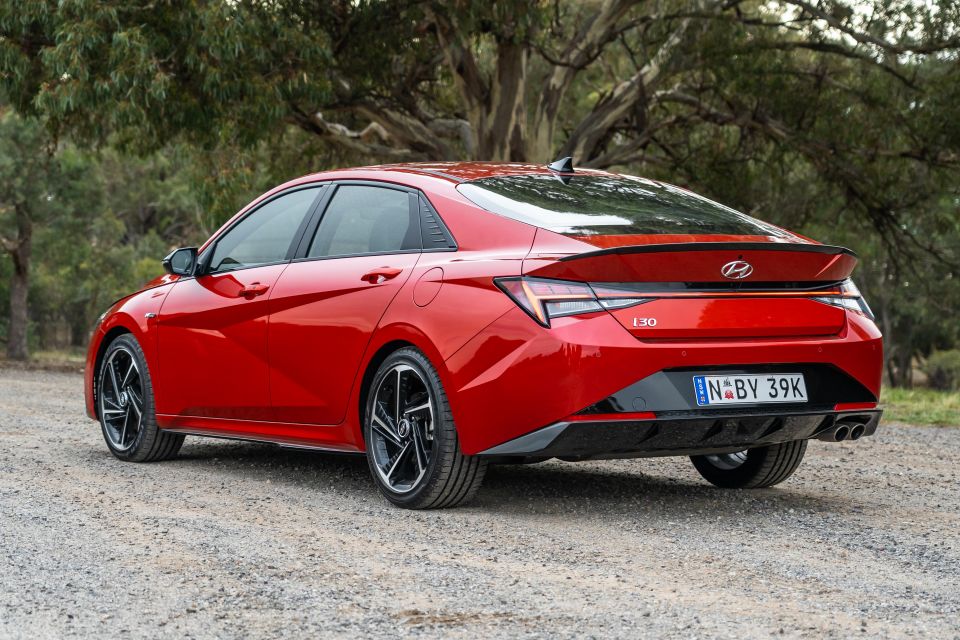
Hyundai plans to deliver vehicles at the level of its original business plan in the fourth quarter of 2021.
This 2021 business plan is to sell a total of 4,160,000 vehicles during the year with 741,500 of these expected to be sold domestically in South Korea.
The company also plans to offset some of its production losses for 2022.
This move for Hyundai to begin in-house development of semiconductor chips isn’t necessarily surprising because Hyundai Mobis already produces many parts needed in the manufacturing process.
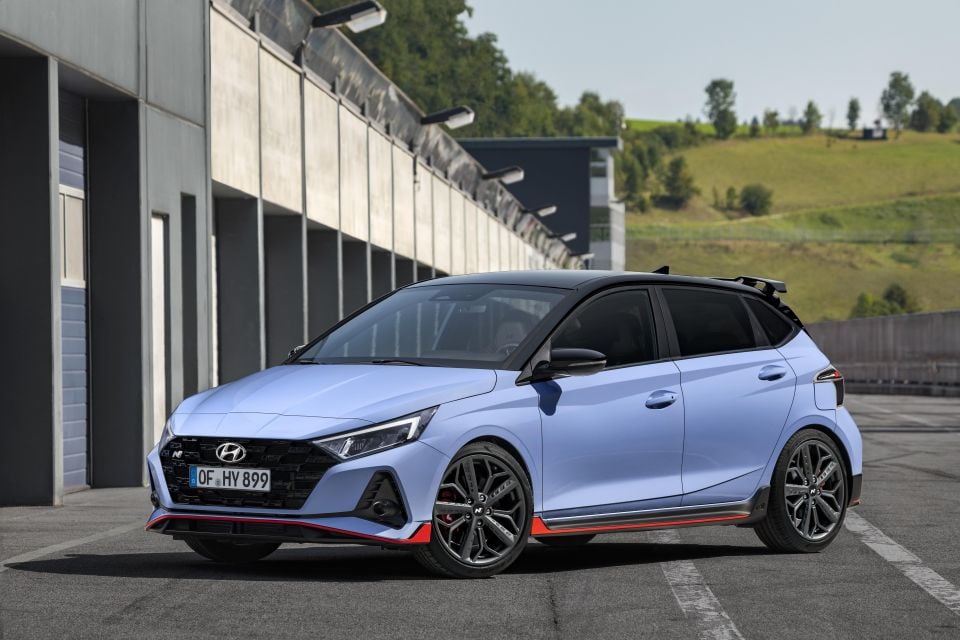
These include production of chassis, bumpers, airbags, steering parts, infotainment systems, steel wheels, as well as after-sales service and warranty parts for Hyundai, Kia and Genesis vehicles.
In 2015, Hyundai Mobis made a total revenue of US$32.11 billion (A$43.47 billion) and was ranked in the 297th spot on the Forbes Global 2000 in 2016.
Hyundai Mobis is also looking into future products including a folding steering wheel system.
This steering system is able to fold away into the dashboard, which frees up space in front of the driver in proposed future high-level autonomous vehicles.
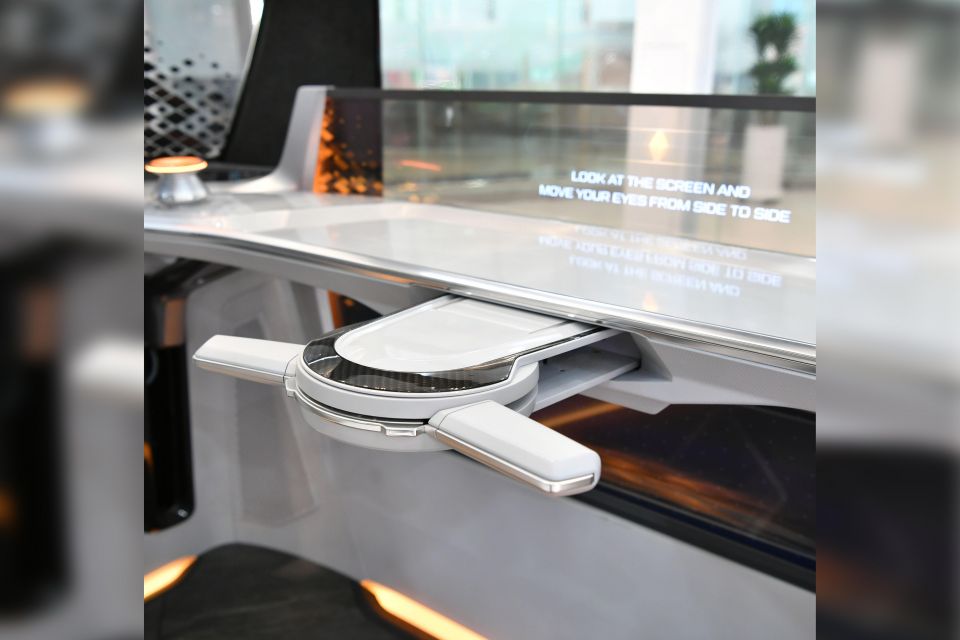
Strengthening this claim of independence, Hyundai in 2017 claimed that it’s the only manufacturer with its own integrated steel works.
It uses the high-strength steel that it manufactures in models such as the European-market i10, as well as its i20, i30 and Tucson models.
Hyundai Motors even has a heavy equipment and shipbuilding spin off called Hyundai Heavy Industries Holdings Co. Ltd.
It was founded in 1972 and manufactures its own shipping container carrier ships and cranes, as well as off-shore mining rigs and naval vessels.
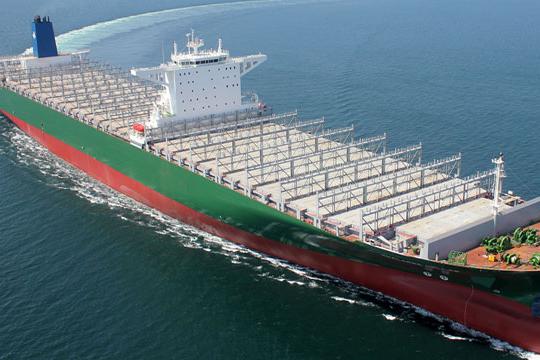
Hopefully with all of this investment into developing and manufacturing different parts of its cars in-house it’ll save the company from stuttered production in the future.
MORE: Staggering impact of semiconductor shortage on car industry revealed MORE: Hyundai Mobis shows off folding steering wheel
Go deeper on the cars in our Showroom, compare your options, or see what a great deal looks like with help from our New Car Specialists.
Jack Quick is an automotive journalist based in Melbourne. Jack studied journalism and photography at Deakin University in Burwood, and previously represented the university in dance nationally. In his spare time, he loves to pump Charli XCX and play a bit of Grand Theft Auto. He’s also the proud owner of a blue, manual 2020 Suzuki Jimny.


Matt Campbell
6 Hours Ago
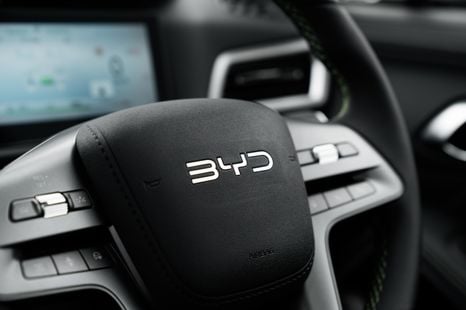

Ben Zachariah
22 Hours Ago
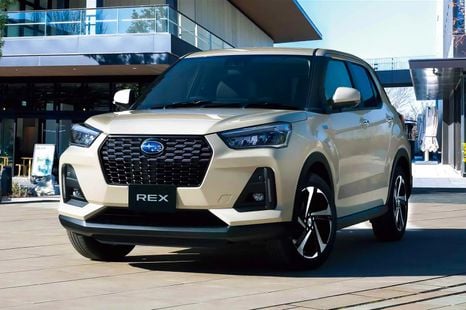

James Wong
22 Hours Ago
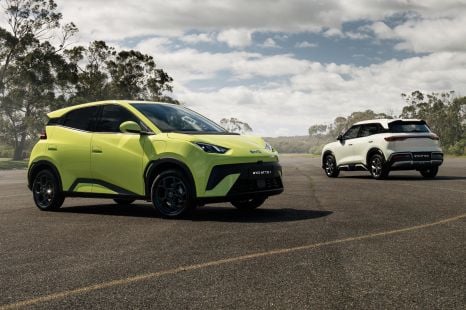

William Stopford
22 Hours Ago
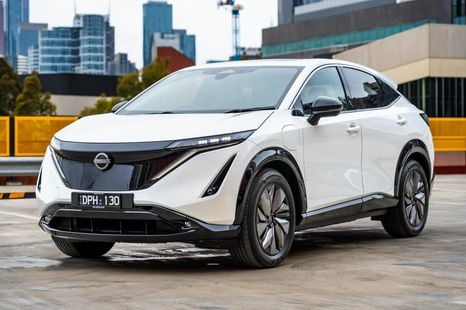

Josh Nevett
1 Day Ago
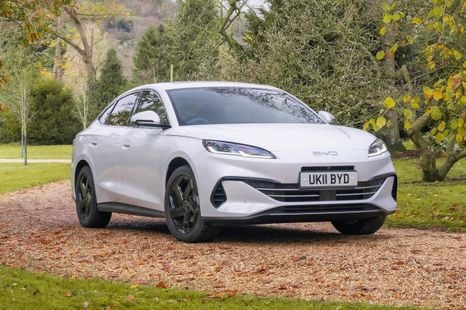

Derek Fung
2 Days Ago
Add CarExpert as a Preferred Source on Google so your search results prioritise writing by actual experts, not AI.